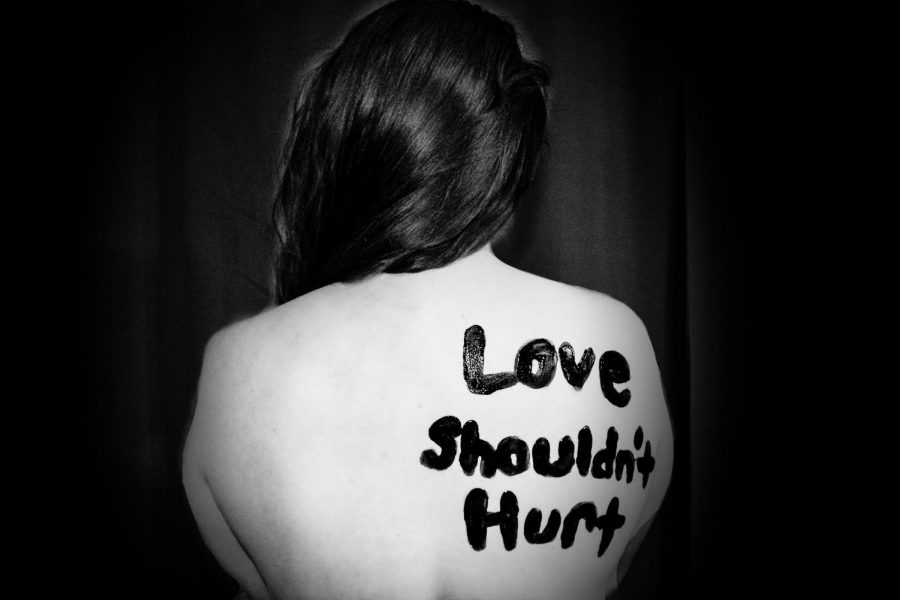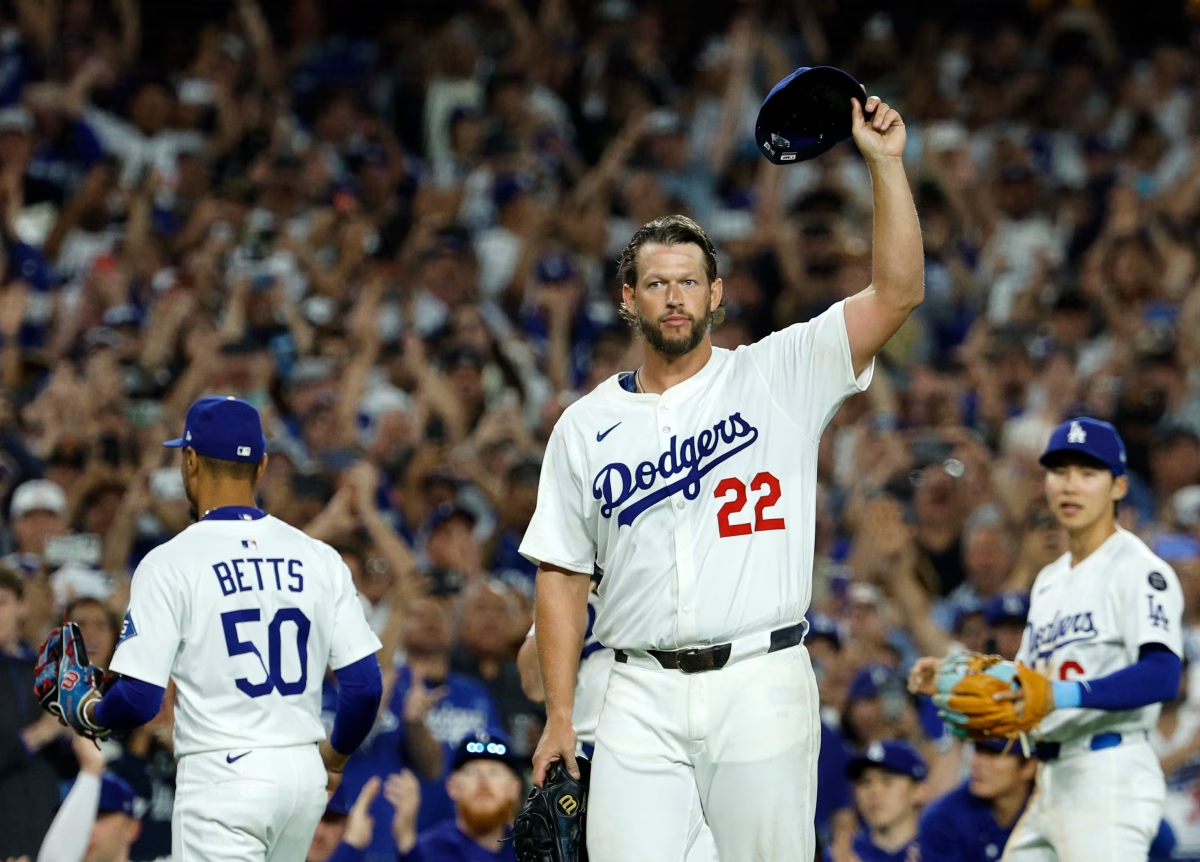Why Are Some People More Interested In Toxic Relationships Shown in T.V. and Movies.
March 10, 2021
Toxic relationships depicted in television are romanticized and seen as more interesting than the healthier relationships portrayed on screen. Due to the media’s normalization of these unhealthy relationships, many teenagers enjoy watching shows that depict toxic couples, such as those portrayed in popular cable television shows, such as “Hannibal.” Why is that exactly?
The main characters in NBC’s show, “Hannibal” are quite literally the definition of a toxic relationship. The characters, Will and Hannibal, reveal qualities in their relationship that are most definitely not ones of a healthy relationship. For instance, Hannibal’s efforts to hide the fact that Will had contracted encephalitis is one example of this toxicity. Another is when Hannibal frames Will for several murders that Hannibal himself had committed. This also led to Will being falsely accused and put in an asylum for the criminally insane.
This isn’t even all of it. The pair of close friends share a mutual violent relationship. Will has repeatedly tried to kill Hannibal throughout the television series. Likewise, Hannibal has attacked Will numerous times. What makes this relationship truly toxic, is Hannibal’s belief that he truly is helping Will, even though Hannibal is aware that he is taking Will down a very dark path. In the end, Will accepts this new path and throws himself and Hannibal off a cliff to escape the FBI.
I hope that fans of the show do want to be like this couple. However, the majority of fans, myself included, find this toxic relationship more interesting than the ones shown on many other popular sitcoms that often depict the “way too normal” nuclear family. As also seen in “Hannibal’s” third season between Will and his new wife, Molly. According to “ShippersGuideToTheGalaxy,” fans seem to like Will and Hannibal’s relationship more than Will’s new one with Molly. One reason for this may be that Viewers also do not have the chance to see more of that couple, as the Molly storyline only lasted for three episodes.
Another example may be seen in the Korean Drama, “Extraordinary You.” In this show, the relationship between the characters Danoh and BaekYoung is also a toxic one. The show is about how a girl named Danoh discovers that she is a side character in a comic book that insists on changing her fate. In the comic book, her character is in love and in an arranged marriage to the character BaekYoung, who treats her poorly. In this case, both Danoh and BeakYoung are toxic to each other as Danoh blames BeakYoung for not having control over the comic book’s author. While the author “writes in” BeakYoung’s bad behavior toward Danoh, Beak Young becomes self-aware of the author’s intentions. Towards the end of the show, Beak Young begins to realize that Danoh does not love him as much as he does her and starts to let her go. Some fans of this drama tend to pity BeakYoung’s character and sometimes try to excuse his behavior by stating that he is only like that to Danoh “on-stage,” where the author is in full control of the characters but begins to treat her better “off-stage,” where the characters have full control of themselves. In actuality, BeakYoung is still quite horrible to Danoh even while in “the shadows,” outside of the author’s control.
To support the idea that many teenagers are fascinated by media that depicts toxic relationships between couples, the comments section of a video about such “small screen” relationships featured in Korean dramas includes a discussion about the show. Multiple commenters were excusing Beak Young’s behavior toward Danoh while fully understanding the nature of the relationship.
This fascination stems from how normalized or even glorified toxic relationships in television shows/movies have become. According to “The scratch cinema,” toxic relationships are more normalized than most people realize. With the release of many programs that are streamed on television and computers, it appears that quite a few of these shows portray toxic relationships. This site also uses the examples of Netflix movies such as “To All The Boys I Loved Before,” “Sierra Burgess is a Loser,” and “The Kissing Booth,” to discuss how the media fails to deal with consent and promotes toxic relationships. In the Washington Square News, an article also discusses the glorification of toxic men and brings up great points in toxic relationships shown on screen. The article refers to the shows “Pretty Little Liars” and “Gossip Girl.” One of which portrays a student/teacher relationship and the other depicts a relationship that includes mental and physical abuse. These two shows came out in the early 2000s, and from then on, toxic relationships were increasingly portrayed on the small screen with shows and movies that appear to catch the attention of teenagers with great enthusiasm.












